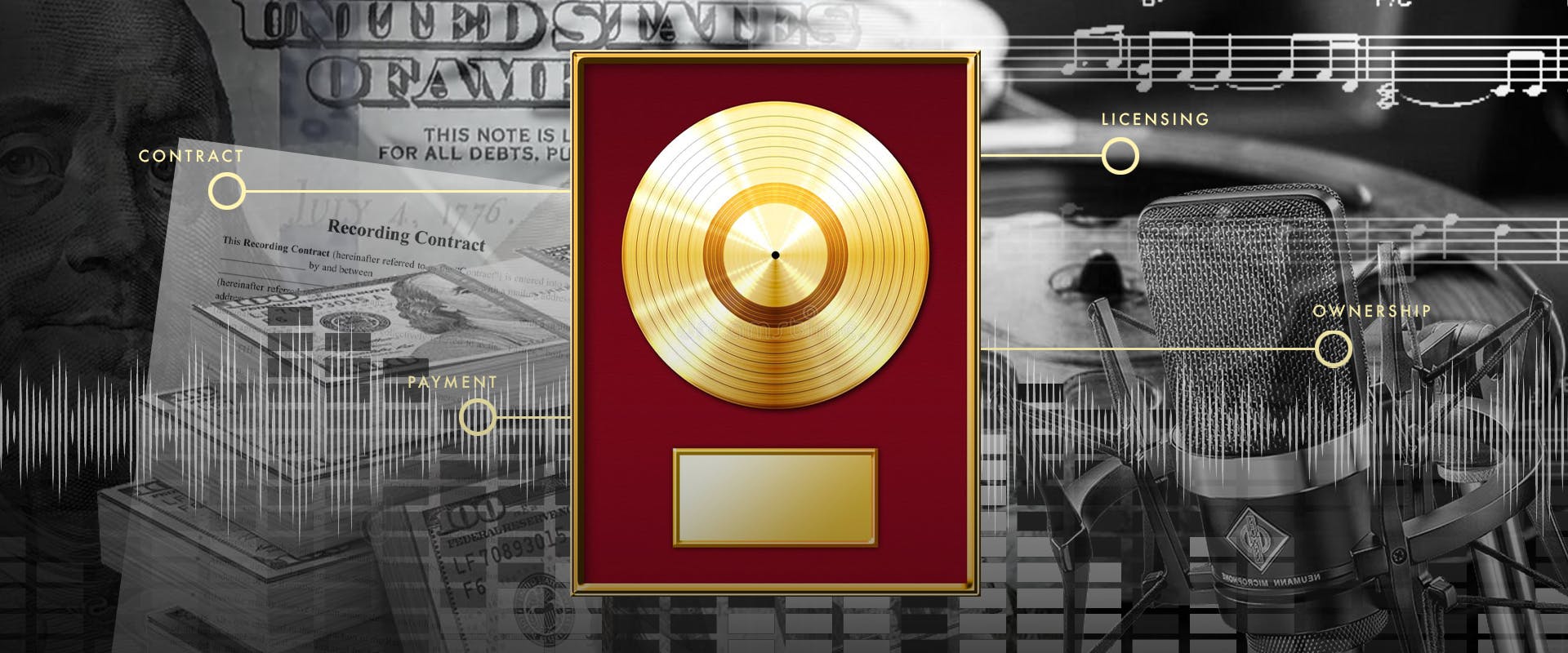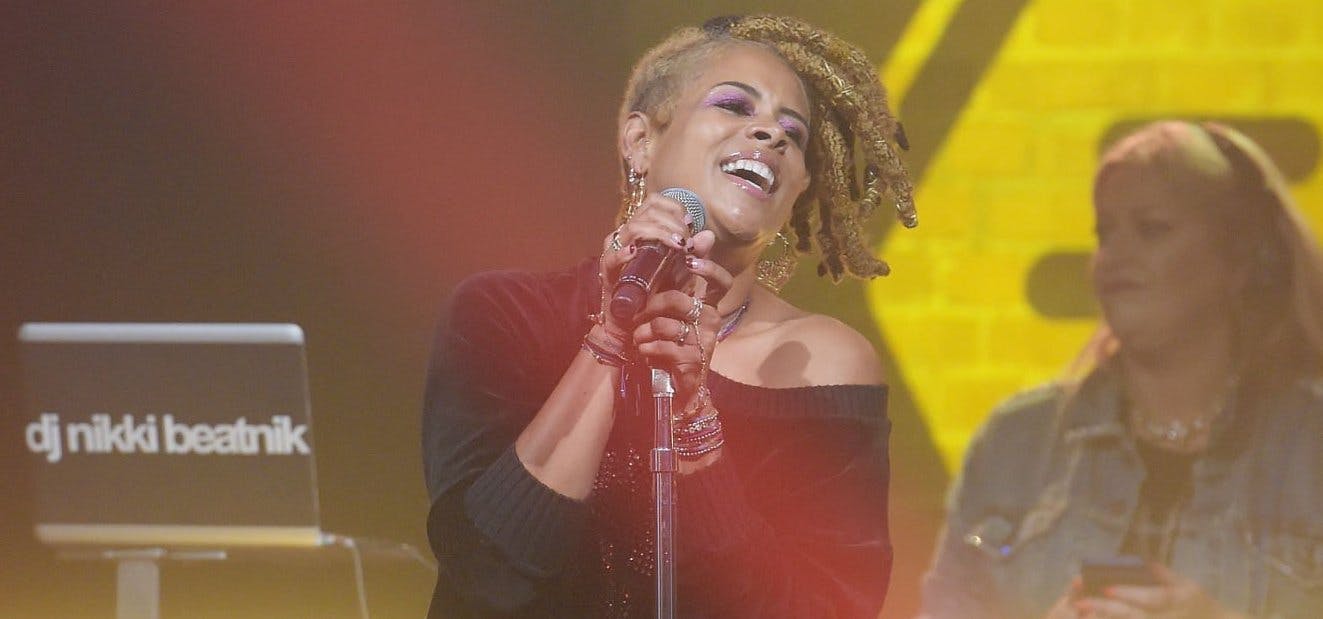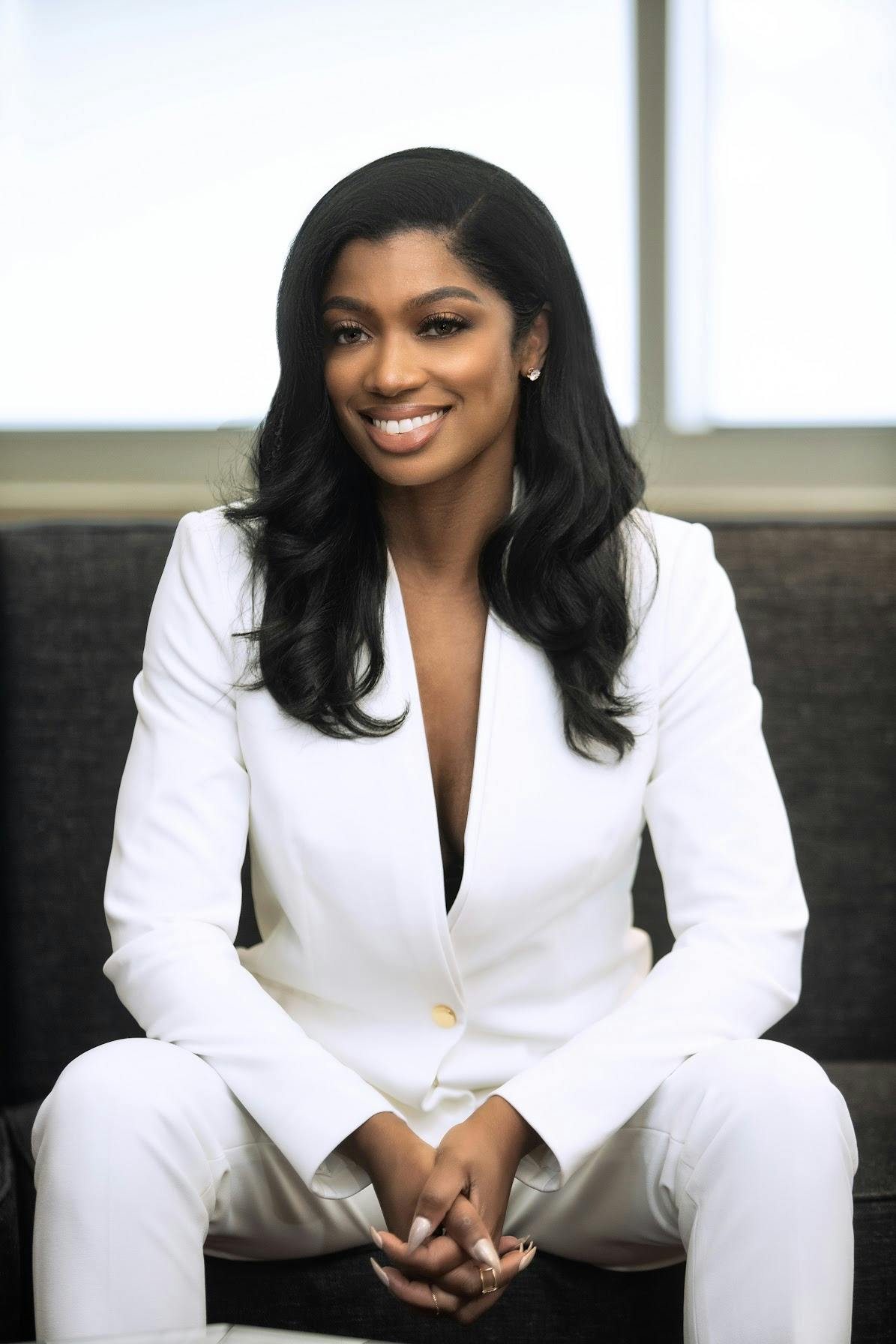

The Truth About Sampling, Credits, and Who Gets Paid
The Truth About Sampling, Credits, and Who Gets Paid
Published Tue, August 9, 2022 at 10:46 AM EDT
Over the past two weeks, there's been a lot of talk about sampling, interpolations, royalties, publishing, and who gets credit, and more specifically, paid, for what. Much of the recent chatter was sparked by the release of Beyoncé's latest album Renaissance, a collection of tracks that pays homage to Black dance culture and house music. Kelis' song "Milkshake" was interpolated on one of the album's tracks, “Energy," and though Beyoncé credited the singer, Kelis was upset, saying its use was a "trigger" for her.
"'Milkshake' alone is one of the most licensed records of our generation," Kelis wrote on Instagram, later adding she wanted Beyoncé to contact her about its use. "But it’s beyond this song at this point. I am a creator, I’m an innovator, I have done more then left my mark on an era of music and style that will go down in history. But there are bully’s and secrets and gangsters in this industry that smile and get away with it until someone says enough is enough. So I’m saying it today. I’m coming for what’s mine and I want reparations."


The response renewed the conversation about samples, credits, and royalties, as Kelis also pointed to what she says was a sour deal early in her career with Pharrell Williams and Chad Hugo's production team, The Neptunes, who she worked with on 1999's Kaleidoscope, 2001's Wanderland, and 2003's Tasty. Pharrell and Hugo wrote and produced "Milkshake" and were also credited on Renaissance, and Kelis has previously said her expectation was that royalties for music made with team would be split evenly.
Beyoncé ultimately quietly removed the interpolation from "Energy" along with Kelis' credit.
While the incident sparked chatter as folks clamored to choose sides about who was right and wrong, clever sampling has been a cornerstone in Hip-Hop for decades. Hip-Hop champions the creative use of a sample — LL COOL J, Greg Nice and DJ Z-Trip have an entire series dedicated to the saluting the sample.
But there still seems to be confusion about who gets credit for samples and when, and what royalties look like for writers, producers and artists whose music or lyrics are used.
Rock The Bells talked to Grammy-winning singer/songwriter turned music executive, Tami LaTrell CEO and founder of the Mezzo Agency, a music administration and licensing company based in Atlanta. LaTrell says she started her agency because she wanted to help artists who are often uninformed about the business side of music. It's an age old story, and one that's still relevant today.
"I started this company in 2018 because after being in the music industry as a songwriter for over 20 years, I realized many writers and producers who are up and coming don't understand the music business, are underserved, and are being taken advantage of leaving money on the table for their work," LaTrell explains, adding that many artist don't know how to properly set themselves up to have a long lasting career in music. "But it is possible with the right help. I'm honored to use my platform to inspire and provide these services to them."
To that end, the Mezzo Agency also organizes artists' music catalogs with proper metadata to identify unclaimed music royalties – LaTrell says the global royalty collection services have recovered over $700K in royalties that have been distributed to songwriters and producers in just a few years.
She breaks down sampling, royalties, and credits in an exclusive interview.
DROP YOUR EMAIL
TO STAY IN THE KNOW


The Kelis-Beyoncé-Pharrell debacle sparked a lot of conversation about sampling and who gets credit/paid for what. Can you talk briefly about how sampling typically works in terms of ownership and payment for the performers, writers, and producers?
Sure! So let's talk ownership first! For every song, there's two copyrights. One is called the sound recording (also known as the master) and the other copyright is called the composition. The sound recording is comprised of the song audio that we hear on streaming, radio, television, internet and is in most cases owned by the record label. The composition is the actual production of the song, and is owned by the producer (who produces or "composes" the music) and the songwriter (who writes or "composes" the lyrics). A basic example of ownership totals 100% (per each copyright) which means that if there are only two owners on one copyright, it would be a 50/50 share.
Anytime an outside party wants to use any part of an original song that they do not own, they have to request permission from all owners of the master and the owner of the composition. As far as the payments, the license fee must be paid by the party requesting to use the sample on each side of the copyrights.
Although Kelis performed "Milkshake" as an artist, she unfortunately does not own the sound recording copyright nor does she own the composition copyright therefore, she wouldn't be contacted to clear the sample usage in Beyoncé's song "Energy." She was only given credit as the original performer. Because of that "debacle" in which Kelis accuses Beyoncé of "thievery," both Kelis' "Milkshake" sample and her name were removed from the song credits.

License fees from major projects can start as low as $2,500 but can get very expensive depending on how much of the sample or interpolation is used.
The Game recently talked about needing to get samples cleared from Jay-Z for his upcoming album as well. How difficult and long is that process?
Samples vary in approval times because it it totally at the discretion of the owners on each side of the copyright. I've worked on license requests that have taken about 2 months to be approved but I've also worked on a license that took about 8 months to get approved.
What's the difference between an interpolation and a sample?
An interpolation is when elements from an original song are replayed and included in a new composition. A sample is when the original elements from the actual recording is used and included in a new composition.
What's typically the difference in terms of payment for an interpolation versus a sample and the required authorization or permission to use it?
Payments are typically at the discretion of the copyright owners. License fees from major projects can start as low as $2,500 but can get very expensive depending on how much of the sample or interpolation is used. Payments are split amongst the owners of the copyright, based on their percentage of ownership. This fee does not include additional royalties that will also come from sales, streams or when it airs (if on television). If approved, a license agreement will be issued by the copyright owners or administrators working on behalf of the copyright owners. If approved, the license agreement will consist of the song, performer, writers, all terms of the usage, territory, and the license fee.

Ownership is key in the business of music.
What are your thoughts about letting an artist know if you're planning to sample one of their songs, even if the artist being sampled didn't receive credit for writing or producing it? Is it industry standard to just drop a line and let folks know what you're planning?
It's not uncommon that an artist isn't contacted about another party that's planning to sample one of their songs if they don't own any copyrights on the song. I've been in the industry for over 20 years and typically the record label and all writers/producers involved are contacted as they are the only parties that can grant the license for usage.
Anything you'd like to add that I didn't ask?
Ownership is key in the business of music.






